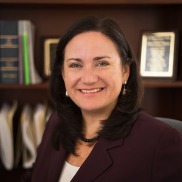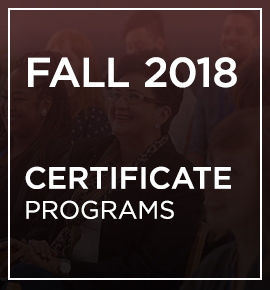By: Kate Martin, J.D., Edyth Bush Institute
As board members, we have heard that our responsibilities include overseeing a nonprofit’s assets, operational accounts, and reserve accounts, and ensuring proper financial safeguards and policies are in place. What does this mean?
If you’re like me, you instantly think of a front-page newspaper article announcing theft, insolvency or squandering of nonprofit funds. (Oh My!) While preventing such behavior is part of it, financial oversight also means using financial information to improve nonprofit performance.
Naturally, boards should establish strong financial systems with detailed financial reports, and good policies & controls (i.e. two signatures on large checks or prior board approval for large expenditures) to prevent financial malfeasance. Once policies are in place, we should continue to be vigilant and thoughtful about those systems and policies. Do not hesitate to question reports or systems if you do not understand them, lack confidence in, need clarification, or see a possible irregularity.
Board members also should consider financial information during decision making. New ideas or programs to better fulfill the mission? Great! But first, turn to the financials – they inform us how the nonprofit is fulfilling its mission and strategy. Will our nonprofit cover its costs? If we spend the money on this does it provide a real benefit in programs and services? What’s the ROI: the impact it will have on our constituents and community? Does spending follow the priorities of the strategic plan? These questions and others you think of can be your guide.
We need to be careful though. As the saying goes, don’t miss the forest for the financial trees. A balance must be struck between relying on financial information and paying close attention to other aspects of our organization’s performance. Financial information can tell us about performance, but it does not tell us why it happened, or how we can better serve our constituents. Keep the financials and the financial policies in mind but do not let them impede nonprofit creativity in fulfilling our mission.
Also see William P. Ryan, “Financial Responsibilities of Boards” in the Nonprofit Quarterly.
Sign up to attend Kate’s workshop, Legal and Ethical Issues for Nonprofit Boards on March 28, 2017. Sign up online at http://bit.ly/2lTlKS4.
 ustine Thompson Cowan
ustine Thompson Cowan The Edyth Bush Institute for Philanthropy & Nonprofit Leadership at Rollins College offers six certificate programs designed to provide specialized education to strengthen your organization and your professional development.
The Edyth Bush Institute for Philanthropy & Nonprofit Leadership at Rollins College offers six certificate programs designed to provide specialized education to strengthen your organization and your professional development. The Edyth Bush Institute for Philanthropy & Nonprofit Leadership’s 3rd Annual Leadership Panel: “Reposition Yourself: A Discussion for Current & Emerging Nonprofit Leaders”.
The Edyth Bush Institute for Philanthropy & Nonprofit Leadership’s 3rd Annual Leadership Panel: “Reposition Yourself: A Discussion for Current & Emerging Nonprofit Leaders”.




